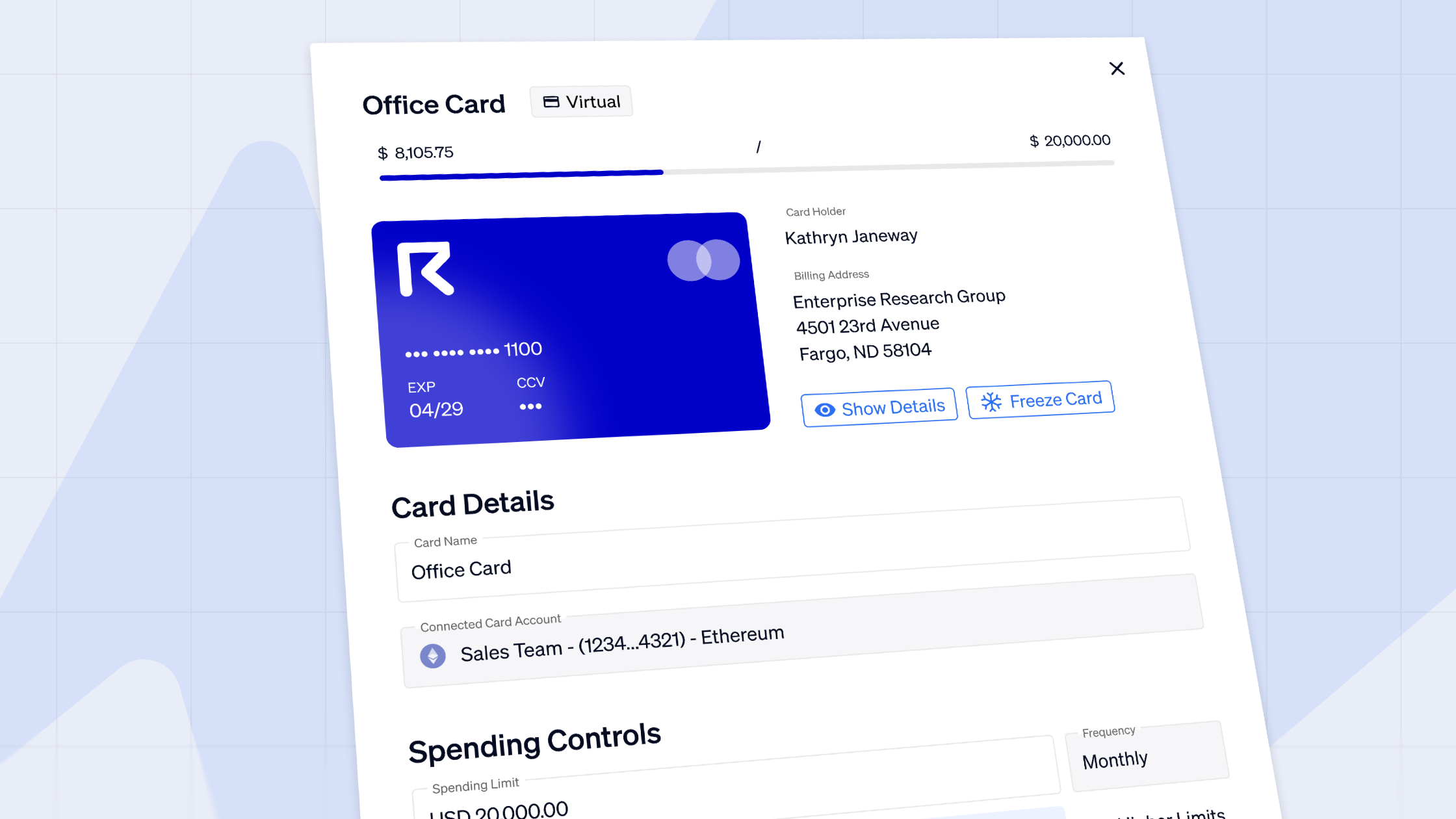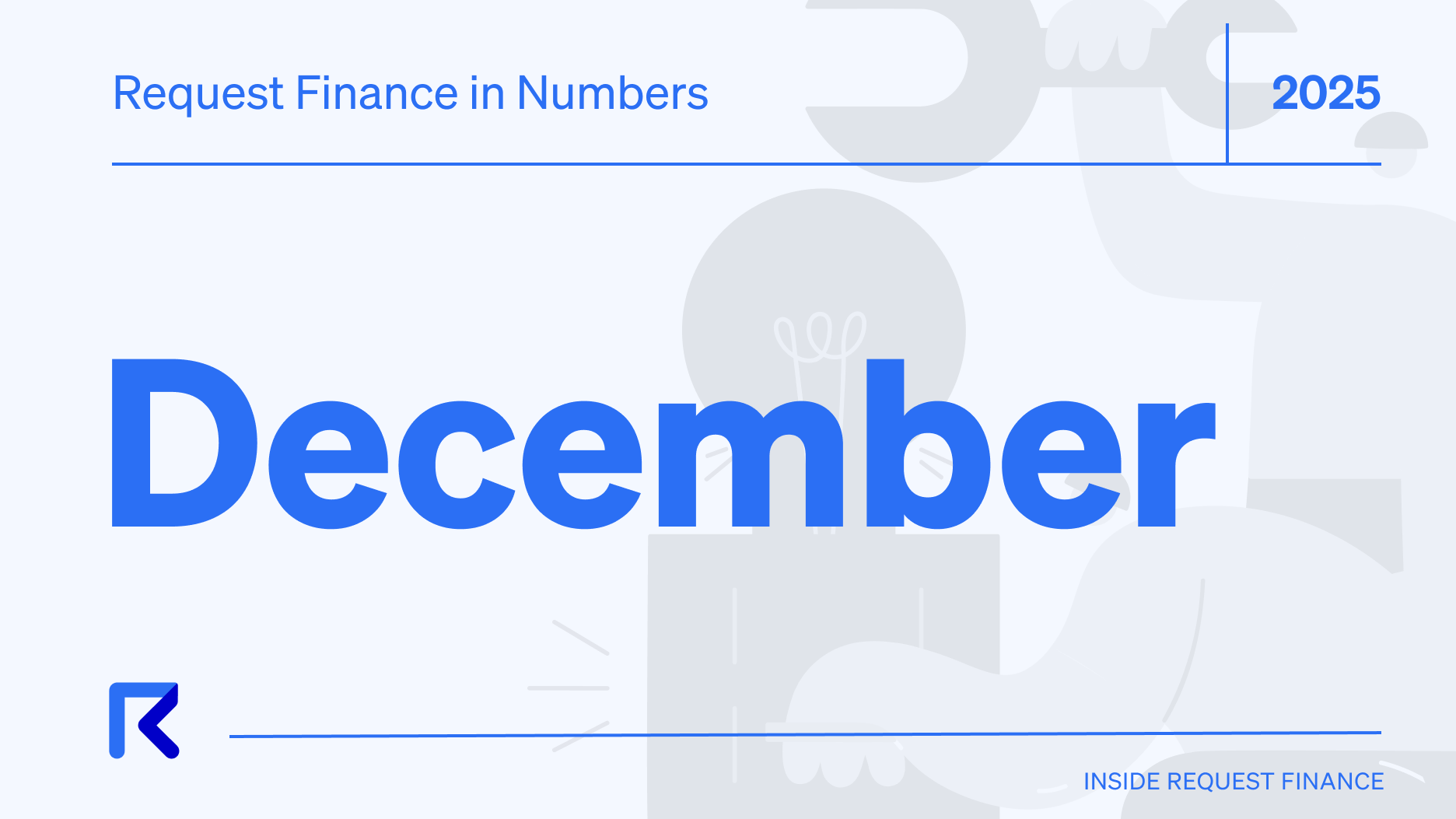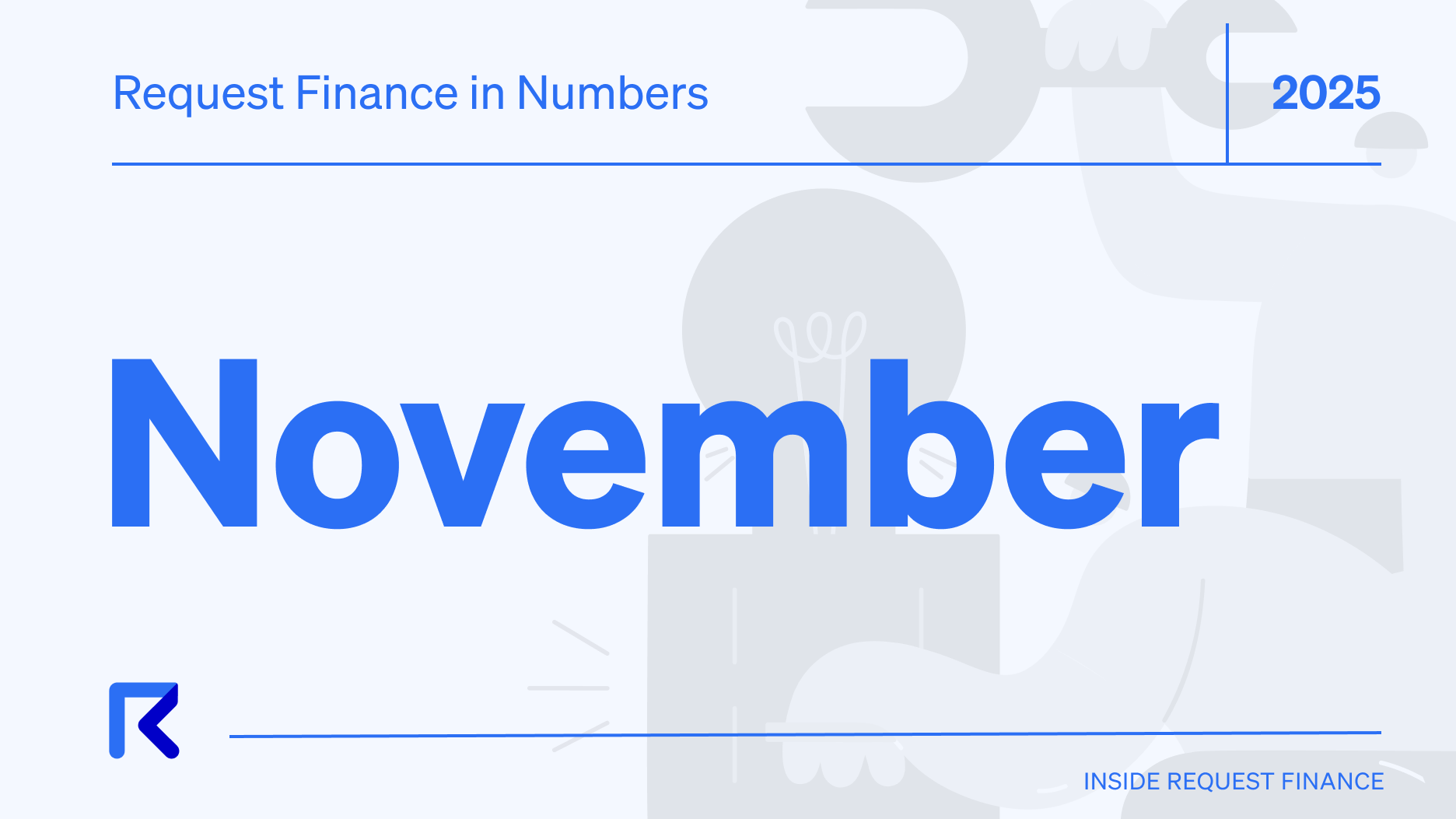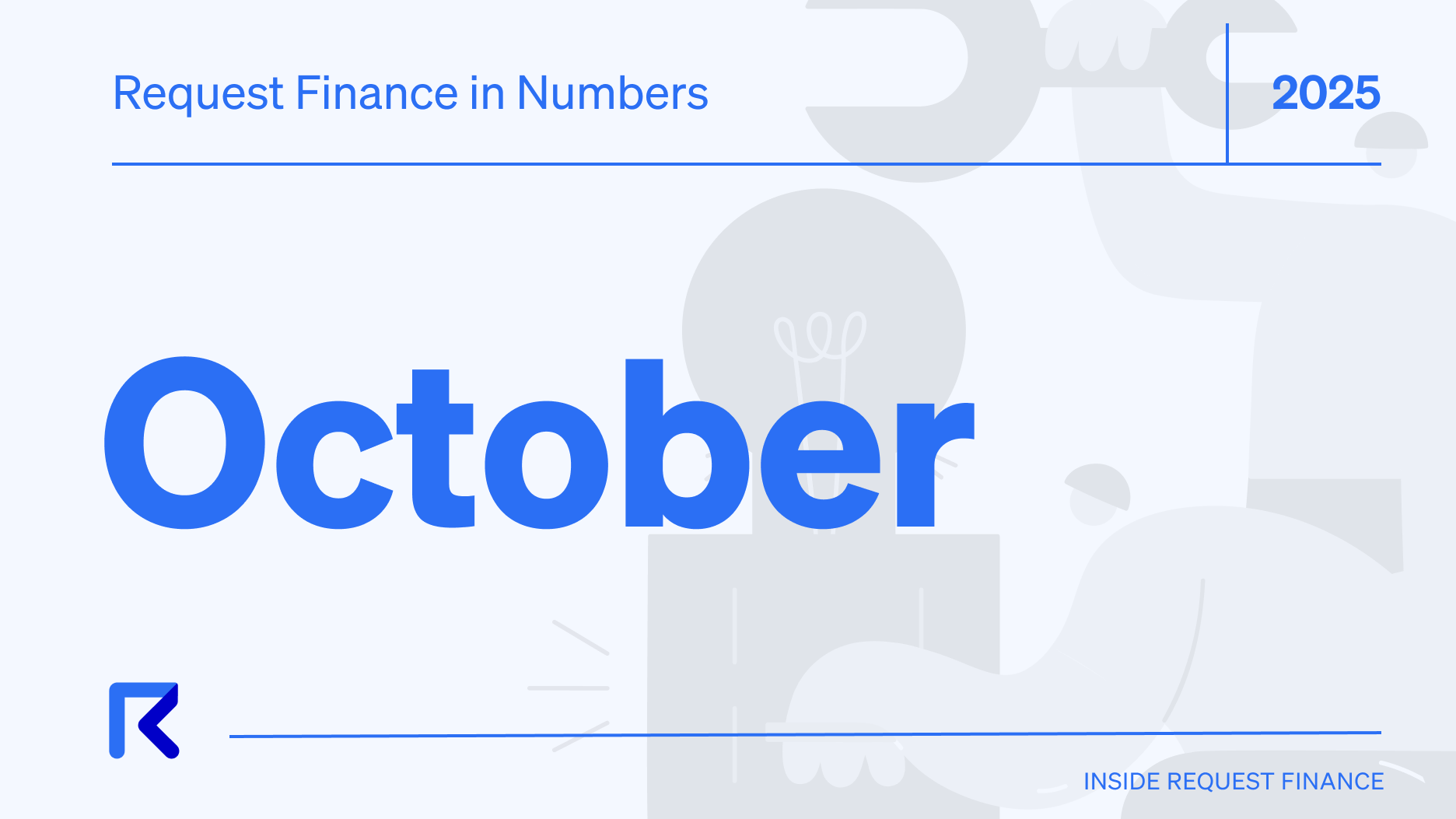Crypto goes corporate: Companies that pay in crypto
Discover why companies use crypto payroll, its advantages, and known companies that offer this option to their employees.

Imagine receiving your paycheck in crypto such as USDC or Bitcoin. In recent years, this has become a reality for many employees, as companies are increasingly opting to pay their employees in crypto.
This shift towards crypto payroll in the corporate world is driven by the rapid adoption of blockchain and digital currencies, which are seen as a legitimate and innovative form of payment.
Notably, Miami Mayor Francis Suarez has been a vocal proponent of Bitcoin adoption in the US. He proposed that the city should accept Bitcoin as payment for fees and taxes, and advocated for the use of blockchain to improve transparency and efficiency in local government.
There has also been a growing trend of athletes receiving salaries in crypto. In the world of professional sports, several high-profile athletes have publicly endorsed crypto. For example, NFL player Russell Okung announced that he would be receiving half of his $13 million salary in Bitcoin. Other athletes have also expressed interest in receiving crypto as part of their salaries, including NBA player Klay Thompson and MMA fighter Jon Fitch.
Crypto payroll companies are gaining momentum due to the growing acceptance of crypto as a credible payment method. As a worker in cryptocurrency business, getting paid in crypto has the potential for long-term investment opportunities and price appreciation associated with holding crypto.
Why companies use crypto payroll
One of the main reasons for the rise of crypto payroll companies is the cost-effectiveness and efficiency it offers. With traditional payroll systems, there are multiple intermediaries involved in the process, including banks, payment processors, and other third-party services.
For example, if you are in the US and want to pay an employee in the UK, you could be charged a $25 flat fee for a wire transfer and additional fees adding up to 7%. These fees are often shared between banks involved in the transaction, and exchange rate fees can also apply. Additionally, there can be delays in the processing of the transaction, with the receiving bank possibly not even registering it until a week later.
With crypto payroll, transactions can be processed directly on the blockchain, eliminating the need for intermediaries and reducing costs. Cross-border transactions can be made quickly and easily without the need for currency conversions and fees. They are processed almost instantly, compared to several days for traditional payment methods. This provides greater accessibility for distributed teams, especially those that operate across different countries and currencies.
Another advantage for companies that pay in crypto is to hedge against currency risk. When a company pays its employees in a foreign currency, it's exposed to the risk that the value of that currency will decline relative to the company's home currency. By paying salaries stablecoins like USDC, companies can mitigate this risk. For instance, the value of the Japanese yen has fallen more than 25% against the US dollar since 2021.
Companies that pay in crypto can pay their employees in their preferred currency, regardless of their location, which can lead to higher levels of employee satisfaction and retention.
Ready to Supercharge Your Crypto Accounting?
Stop wasting time, manually creating journal entries. Automate your accounting now, and enjoy error-free reporting
Learn how to scale your company's crypto & fiat financial operations
Your financial complexities are our specialties. Schedule your free consultation today and discover how Request Finance can transform your financial operations
Simplify crypto and fiat financial operations today
Rely on a secure, hassle-free process to manage your crypto invoices, expenses, payroll & accounting.
Top companies that pay in crypto
Several companies have started offering crypto payroll as an option for their employees. Here are some of the most notable ones:
Coinbase
As one of the largest cryptocurrency exchanges in the world, does Coinbase pay employees in crypto? As of 2018, 40% of Coinbase employees took at least part of their salary in Bitcoin. The company believes that offering crypto payroll will help to promote the adoption of digital currencies and empower their employees to take control of their financial futures.
Blockchain.com
Nicolas 'Nic' Cary, co-founder and board member of Blockchain.com, a popular Bitcoin wallet service, is a strong advocate for Bitcoin's dominance in the crypto market.
Blockchain.com is a fully Bitcoin-based enterprise and operates without holding any traditional bank accounts. Cary expressed his bullishness towards Bitcoin and proudly stated that his company is committed to maintaining a Bitcoin economy. All employees of Blockchain.com are paid in Bitcoin and the company actively offers a cryptocurrency bonus to its staff.
GMO Group
GMO Internet, a company with various web-related businesses such as finance, online advertising, and internet infrastructure, has started paying its employees in Japan up to 100,000 yen (S$1,200) per month in Bitcoin. In 2020, GMO announced that it would pay its employees in Bitcoin to promote and develop cryptocurrencies. The offer was available for all 4,000 employees in GMO's Japan headquarters.
Purse.io
Purse.io is an online marketplace that allows users to buy products from Amazon at a discount by paying with Bitcoin Cash. The company operates remotely, and has made a conscious decision to pay all its employees in Bitcoin Cash (BCH) as a way of promoting the practical usage of cryptocurrency within its enterprise.
Exodus
Exodus, a leading crypto wallet provider, pays its employees in Bitcoin. The company believes that paying its employees in crypto helps to promote the adoption of digital currencies and aligns with its mission to create a world where everyone can control their own wealth.
OpenWeb
OpenWeb, a decentralized social network, pays its employees in BTC. The company believes that paying its employees in crypto aligns with its mission to empower users and promote decentralized systems.To mitigate the impact of market volatility on payments, the company takes the average of the highest and lowest Bitcoin values on the day of the transfer into consideration.
DAO Payroll
Most DAOs pay their employees in crypto. DAOs are organizations that operate on a decentralized blockchain network and are run by a community of members who vote on decisions and allocate resources.
One example of a DAO that pays its employees in crypto is MakerDAO. MakerDAO is a decentralized finance platform that allows users to create and trade stablecoins. The company pays its employees in Dai, a stablecoin pegged to the US dollar. The use of stablecoins ensures that employees are not exposed to the volatility of other cryptocurrencies.
Paying in crypto
So, how exactly do companies pay their employees in crypto? The process varies depending on the company and the crypto being used, but generally involves the following steps:
1. The employee provides their wallet address to the employer.
2. The employer converts the necessary amount of fiat currency into crypto and sends it to the employee's wallet.
3. The employee can then off-ramp into their local currency or use make purchases in crypto directly.
If a company has 50 employees to be paid in crypto at a different exchange rate, the finance team may need to manually enter each transaction into a spreadsheet, including the amount paid, the crypto used, the exchange rate at the time of payment, and the employee’s wallet address.
You can imagine how challenging it is to keep track of all the transactions and ensure that all employees are paid accurately and one time. It can be time-consuming and error-prone, particularly if there are multiple people involved in the payroll process.
Rather than making individual payments to each employee, Request Finance simplifies this process by offering employers to make a single batch payment to employees at once, saving time and reducing the costs associated with making individual payments.
To use Request Finance for payroll, you simply need to upload a CSV file containing the payment details for each employee. Request Finance then automatically processes the payments and sends them to the designated crypto wallets.

You can also set up recurring payments, such as monthly or bi-weekly payroll cycles. Everything is tracked real-time and currency is converted automatically in a single dashboard. Businesses can now pay their employees in crypto easily in a timely and efficient manner.
Concluding thoughts
Overall, the growing trend of companies and individuals adopting crypto for payroll and other financial transactions is a clear indication that crypto is here to stay. While there are still challenges to overcome, such as regulatory uncertainty and the need for more user-friendly tools, it is clear that the future of finance will be shaped in no small part by the rise of crypto.
Crypto finance tips straight to your inbox
We'll email you once a week with quality resources to help you manage crypto and fiat operations
Trending articles
Get up to date with the most read publications of the month.
Our latest articles
News, guides, tips and more content to help you handle your crypto finances.










